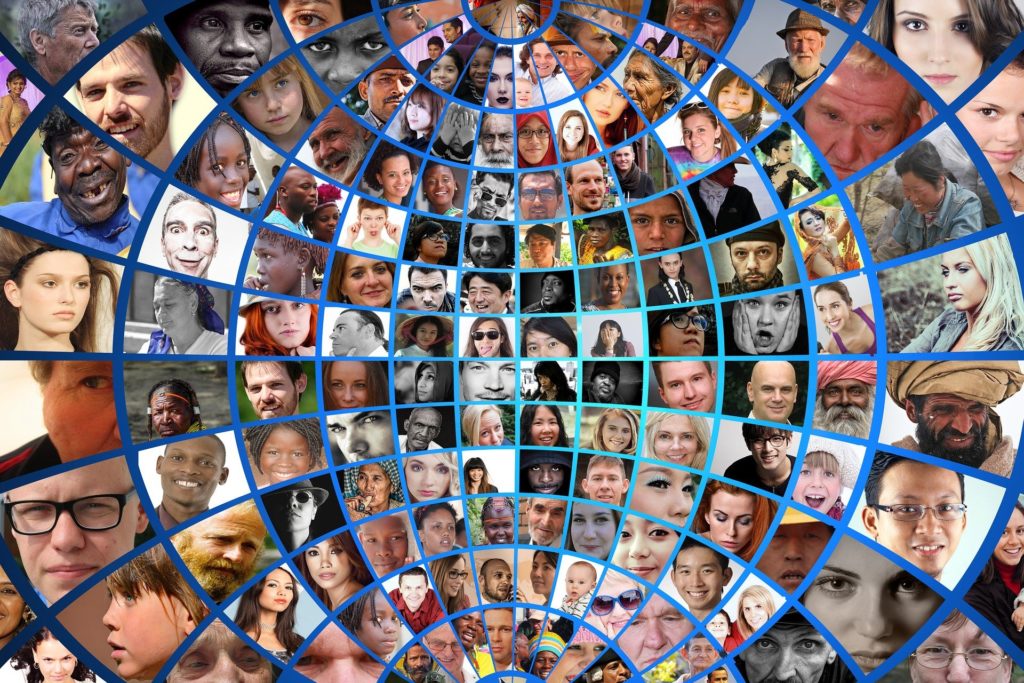
We need help and we need all to help us. Otherwise we will be in trouble. Become a mosquito.
Lately some readers have asked me how they can become “mosquitoes” for Louisiana’s coast. That question was prompted by my use of an aphorism credited to the Dalai Lama about the importance of individual action even when confronted with a challenge requiring worldwide action: “If you think you’re too small to make a difference, try sleeping in a tent with a mosquito!” Louisiana is facing such a challenge. In the last five years, its scientists concluded the biggest roadblock to its $50 billion plan for creating a sustainable future for even part of its sinking, crumbling bottom third is no longer funding, it’s the greenhouse gas emissions powering climate change. The latest report said even if the state finds enough money to build all the original plan projects and they work perfectly, the state will still lose between 1,200 and 2,800 square miles of its lower third by 2067 — just 45 years away. The difference is the increase in the acceleration of sea-level rise. The only way to slow it down is for the world to dramatically reduce emissions soon.
nola.com
The problem I am only 1 and what can 1 do. Well, 1 working with another is 2 and add 2 more you get 4 and then 8 and 16 and 32 and 64 and then we are talking numbers.
So how can one person move the needle on a problem that will take efforts and sacrifices (compulsory and voluntary) from 190 nations and 7.8 billion people? Why should you even try? The answer to the second question comes first: It’s your responsibility to the state, the nation, our species and the generations to come. But in this case, it isn’t just self-sacrifice: reducing emissions almost always reduces your living costs. Answers to the first question follow. They were my favorites from dozens of online sources whose links are included for further research. Change your transportation profile. A fourth of all emissions come from transportation, because that almost always involved the burning of oil and gas. If you can afford it, replace your gas burner with an electric or hybrid car, SUV or pickup — all of which are now available. But simple, money-saving steps also help. Walk or ride your bike for short trips; you’ll be healthier and wealthier. For longer trips try public transit and carpool to work and on vacations. Eat less meat, buy locally, and waste less. Livestock and food production creates 18% of global emissions. Going meatless a couple of days a week can also save money and improve your health. Reduce waste with smaller portions. And because transportation of food is emission-heavy, buying local reduces that footprint as well. Stop using plastic; recycling isn’t enough. Emissions from the production and use of plastic in the U.S. will soon surpass the totals from coal power plants. This is in addition to the unsolvable problems of plastic pollution of our land, water, and air. Vote for the coast in every election. The politicians you send to Washington and Baton Rouge are the only ones with the power to set regulations needed to force the nation to reduce emissions.
This is a problem for all, republicans and democrats. If you live side by side and the water erodes the land you both suffer.
This shouldn’t be a partisan issue; climate change is already costing all of us money. Recently the state predicted climate impacts just from higher storm surge could start costing coastal communities $5.5 billion a year — starting next year. There are green Republicans. If you are in that party you need to find them, get them to run and elect them. Make sure the candidate for every office pledges to vote to reduce emissions — then follow their actions. Spread the word. You mosquitoes can draw attention to this threat by buzzing, but there’s no need to shout, or bite! Your actions likely will prompt conversations. Explain why you’re cycling or walking to work or the grocery, why you’ve stopped buying plastic, why you put yard signs for those candidates — especially if they represent a party you don’t belong to. Let friends and family understand that you’ve decided to take personal steps for the coast, the planet, and for the legacy you leave for your children and grandchildren.
Pass the word and if you can show other what is possible, they might join you.
